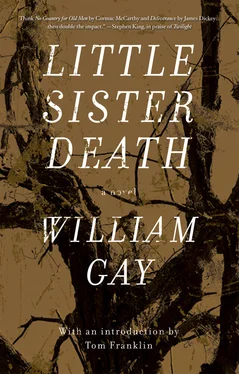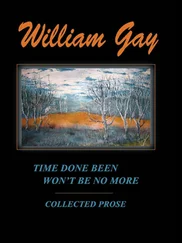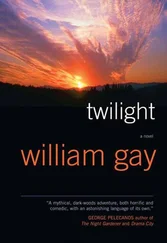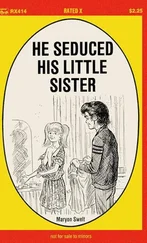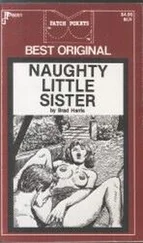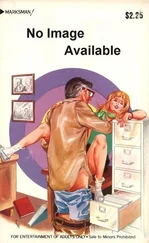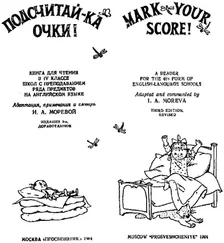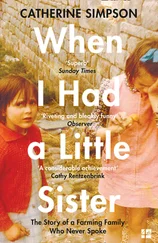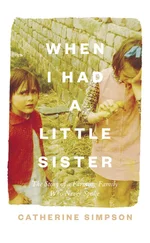What did I learn? That no character should be a one-note character.
He would say “ Really ?” a lot, his italics, always fascinated or amused by something or other, and it was here his dialect stood out the most. Say the word “Israeli” and take off the “is.” That’s how he said it.
My wife and I invited him to visit us one of the years we lived in Galesburg, Illinois, and he read “The Paperhanger” at Knox College, where we taught. After he finished, the room packed with students and teachers was quiet. There was a token question, an awkward silence, and so we dismissed. Later, I heard that none of those Midwesterners had been able to understand him, his accent was too thick.
Mostly when we talked we talked late at night. He’d be watching Letterman or a movie.
“Hey, Thomas,” he’d say, the only person who used that version of my name.
If you called him in the middle of the day and let the phone ring and ring, he’d sometimes answer, breathless from having run in from picking tomatoes. But mostly it just rang.
I visited when I could. His son Chris made the best beef stew I’ve ever eaten. Full of fat carrots and potatoes and onions from the garden. Sitting in their living room, a fire in the woodstove, talking politics or Larry Brown. The Cubs on or, in deference to me, the Braves.
We’d sit on the back porch in summer and look out over Little Swan Creek, which ran behind his house, William scratching the dog’s ears, the dog changing as the years passed, first Gus, named for Augustus McCrae in Lonesome Dove , and then, after he died, Jude, a sweet pit bull.
In the later years of his life, I’d take my kids to visit William and we’d stand on the bank of the creek, me with a beer, him coffee, and watch as his grandkids joined my children catching small fish on the poles we’d brought, or on their knees in the water after minnows or crawfish or bullfrogs. Jude there, supervising. On those nights Chris would cook for everyone and all the kids, six or seven by now, would fall asleep watching a movie and William and Chris and I would go outside on the porch where Chris would strum his guitar and we’d talk or, later still, watch Apocalypse Now again, a film William thought perfectly mimicked in structure the Vietnam War itself, a questionable mission going more and more crazy.
Over the years, we talked. On the phone, on porches, in bars, walking in woods, side by side on literary panels or side by side signing books, in hotel rooms, on a plane, once in South Carolina, where we sat detained for hours because the man with the red Igloo cooler’s paperwork didn’t match the human organ he was transporting. When the plane finally landed, William, eager for a cigarette, leaned over and whispered, “This’ll be the last time you catch me in one of these cocksuckers.”
People loved to tell stories about William, and stories about the stories. Mostly they revolved around his being a famous drunk. The funny thing is this: he wasn’t a drunk. I’ve been around a few, and I would tell you if he was. It’s interesting that people convince themselves otherwise. As if the myth of desperate, outlandish boozing augmented his talent. Forget those mythologizers: his talent didn’t need augmentation. Or as if, by making him such a drunken buffoon, they could then pity him. Forget them all.
They saw him drink at conferences, and he drank at conferences because he was abysmal at small talk. He did not small talk. He did not “network” or schmooze. He was private and it was excruciating for him to stand in a cluster of strangers, even if they were complimenting him. Especially if they were complimenting him. Later, when he began to get famous, he attended a party where, he said, “They perched me on a sofa like a redneck savant. Every time I said anything they all hushed and looked at me. I felt like E. F. Hutton.”
He didn’t drink much at home. On our early phone calls he would always get a beer, but later it would be coffee. In the last few years of his life, he only drank booze when he went out, when he would get nervous again.
Once (this from writer George Singleton), William was on the schedule at a book festival. He was in the hotel bar, sitting with George. A woman walks up and introduces herself to William. “You have such fathomless eyes,” she tells him. When she leaves, William leans over to George and says, “You’d think, with such fathomless eyes, I’d get laid more.”
He had his first heart attack at another book festival, while sitting on a panel.
This from William, and from novelist Bev Marshall, who was there, and Sonny Brewer, William’s dear pal, who sat on the panel alongside William:
Someone, a woman, was in the midst of a long, heartfelt question to William, a “question with semicolons” he later told me, when he, William, started to feel shaky. He got cold and began to tremble, began to sweat. Meanwhile, the question was still going on, the woman looking up at the ceiling (I’m imagining now), carefully phrasing each word in the air with her hands while William’s heart is racing and he wonders if he’s going to pass out or vomit. Or worse.
About then the question ended and the woman sat down and waited for her answer.
William tried to even his breath. He cleared his throat, leaned into the mic, and said, “Sometimes,” and the room erupted into laughter.
Sonny, watching William, reported that he lost all color, just went gray. “He looked terrible,” Sonny said. “I mean, he always looks terrible, but now he looked even worse.”
When he had his second heart attack, the doctors told him he needed a pacemaker.
He said he didn’t want it.
“You’ll die without it,” they said.
“Magnetize that motherfucker,” he said.
They did, and it kept him around a while longer. When we’d talk after that, I’d call him an old cyborg and it made him snicker.
Back to Sewanee, 1999.
A bunch of us went skinny-dipping late one night in a pond on a farm somebody knew about. Twenty or so of us clambered into the moonlit water with our drinks, all except my new friend William, whose white shirt glowed on the bank. He paced back and forth, smoking. I’d been talking to Jennifer Haigh for a while when I turned, and there, naked, waist-deep in the moonlight, a Budweiser in one hand and a cigarette in the other, was William.
“I felt a little creepy,” he said, “just watching.”
Some of these stories have become legend.
How, as a poor kid desperate to write a story, he crushed walnut shells in water to make ink. And wrote the story.
How it got rejected from The Saturday Evening Post , a note that said, “We do not accept handwritten manuscripts.”
How, once he got famous, the woman he was dating asked to see something he’d written and he gave her “The Paperhanger.” He said she would read a while and then look up. Read a while and look up. When she finished it, she asked him, “How much of the paperhanger is you, and how much of you is the paperhanger?” William shrugged and said it was just a story. Made-up characters.
“I don’t think she believed me,” he said.
The romance ended shortly thereafter.
There’s the one about where “The Paperhanger” came from: a plumber who worked a construction job with William when William was younger. The plumber told how he’d been doing a different job, under some rich lady’s sink, when her “lapdog” ran in and bit him on the ankle. Before he thought he’d whacked the little dog in the head with his pipe wrench and killed it. Here she comes, clicking through the house in her heels, and he takes the limp dog and lifts out the tray in his toolbox and drops in the dog and replaces the tray, finishes the job. Gets paid. Drives away, flings the dog out the window
Читать дальше
